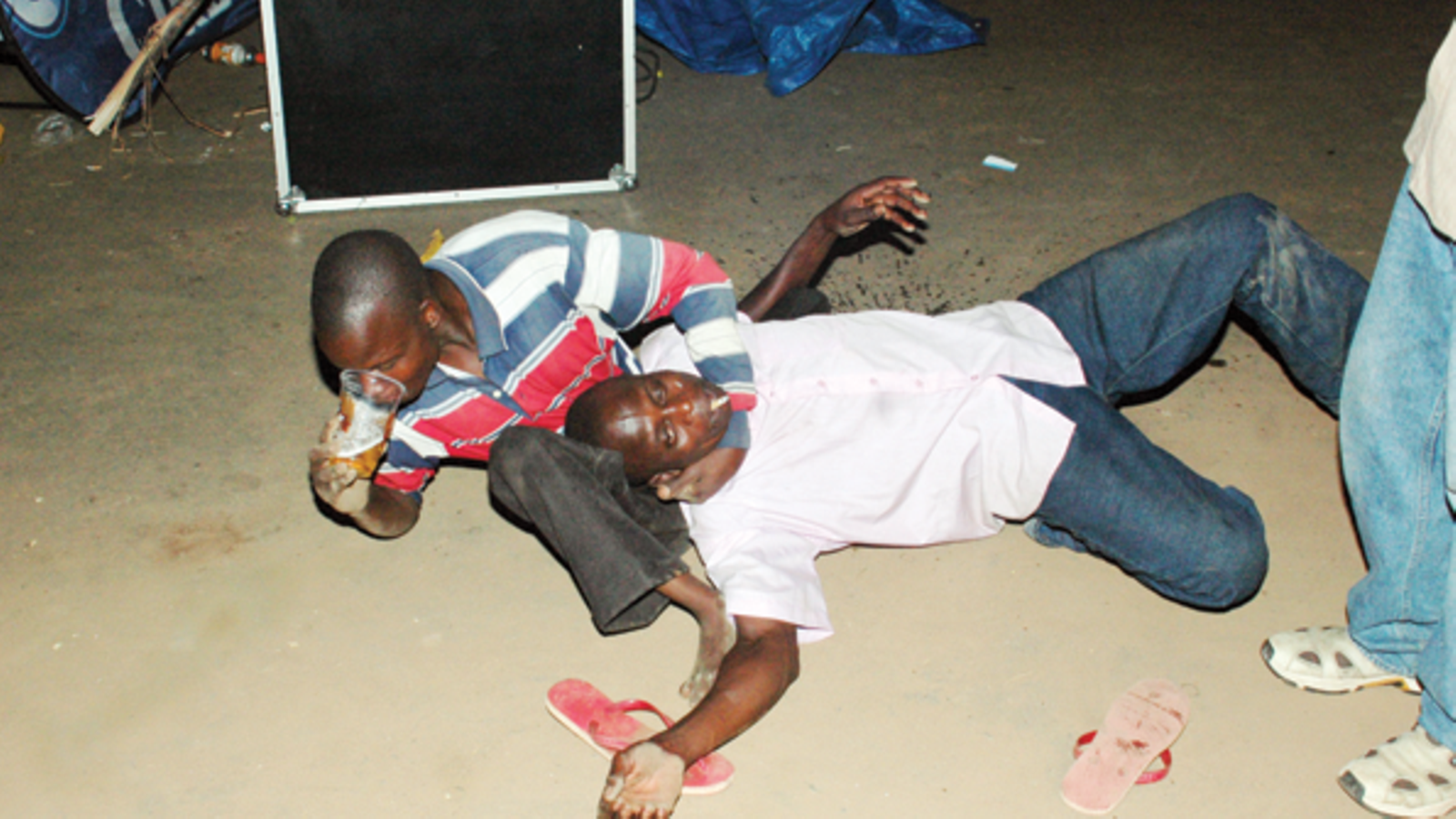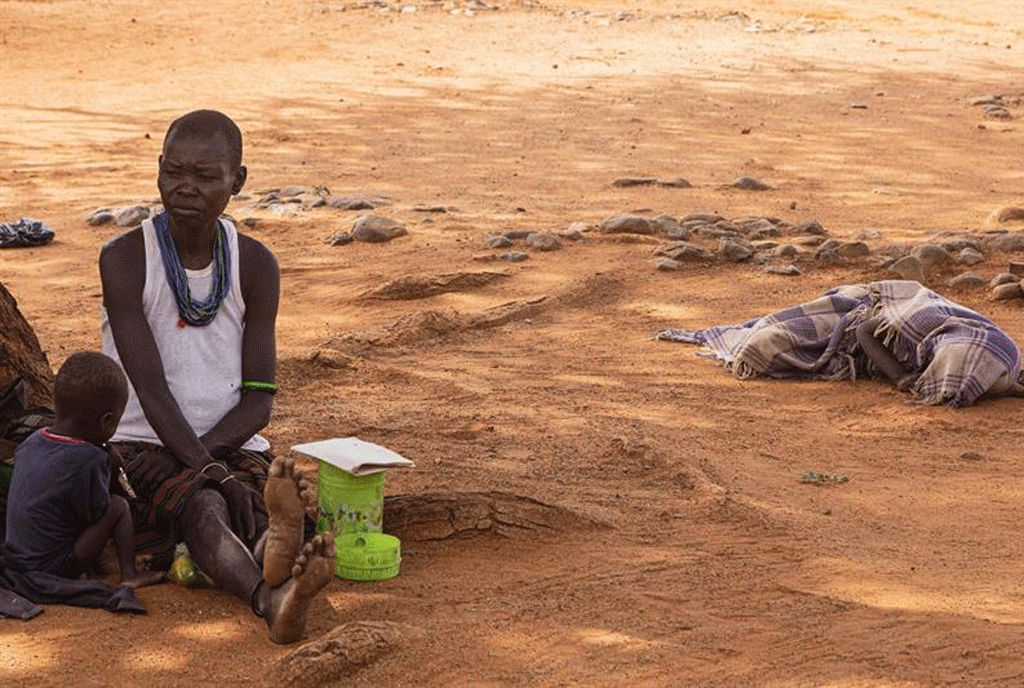EU donates Shs20 billion to fight hunger in Karamoja

Karamoja women sort soyabeans. PHOTO/ FILE
What you need to know:
- There are over 1.3 million refugees in Uganda, with more than 50 percent of them receiving food assistance in form of cash transfers.
- The grant will provide lifesaving food assistance in form of cash transfers for more than 850,000 refugees and treatment for malnutrition for an additional 183,288 people in Karamoja.
The European Union’s Civil Protection and Humanitarian Aid Operations department has given World Food Programme (WFP) a cash grant of Sh20b to fight hunger in Karamoja Sub-region and support refugees.
In July, the government flagged off more than 90 tonnes of quick maturing seeds of green grain, cowpeas and white beans as a permanent solution to end hunger in the sub-region.
The grant will provide lifesaving food assistance in form of cash transfers for more than 850,000 refugees and treatment for malnutrition for an additional 183,288 people in Karamoja.
According to United Nations International Children’s Emergency Fund (Unicef) and the government, statistics states that eight in every 10 households in Karamoja are either critically food-insecure or simply food-insecure.
This means they have no food or have limited stock, barely lasting a month to three.
Mr Abdirahman Meygag, the WFP country director, said the grant will address this hardship.
“The recent arrival of thousands of new refugees into Uganda is stretching the already limited resources and the combined effects of consecutive years of below-average food harvests, poor livestock production and sharply rising food prices have left half a million people facing hunger in Karamoja,” Mr Meygag said.
There are over 1.3 million refugees in Uganda, with more than 50 percent of them receiving food assistance in form of cash transfers.
The WFP uses cash transfers to empower people with choice to address their essential needs in local markets and also boost local economies.
Mr Bruno Rotival, the head of the EU humanitarian aid office in Uganda, said WFP has been an important partner in fighting hunger and supporting refugees.
“If we are to reach zero hunger by 2030, it is important that we do not leave any group of people behind. Refugees and the people of Karamoja have all been hit by shocks, and it is our duty to help them survive and thrive,” Mr Rotival said.
According to local authorities in Moroto District, more than 900 people are believed to have died from hunger in Karamoja this year.





